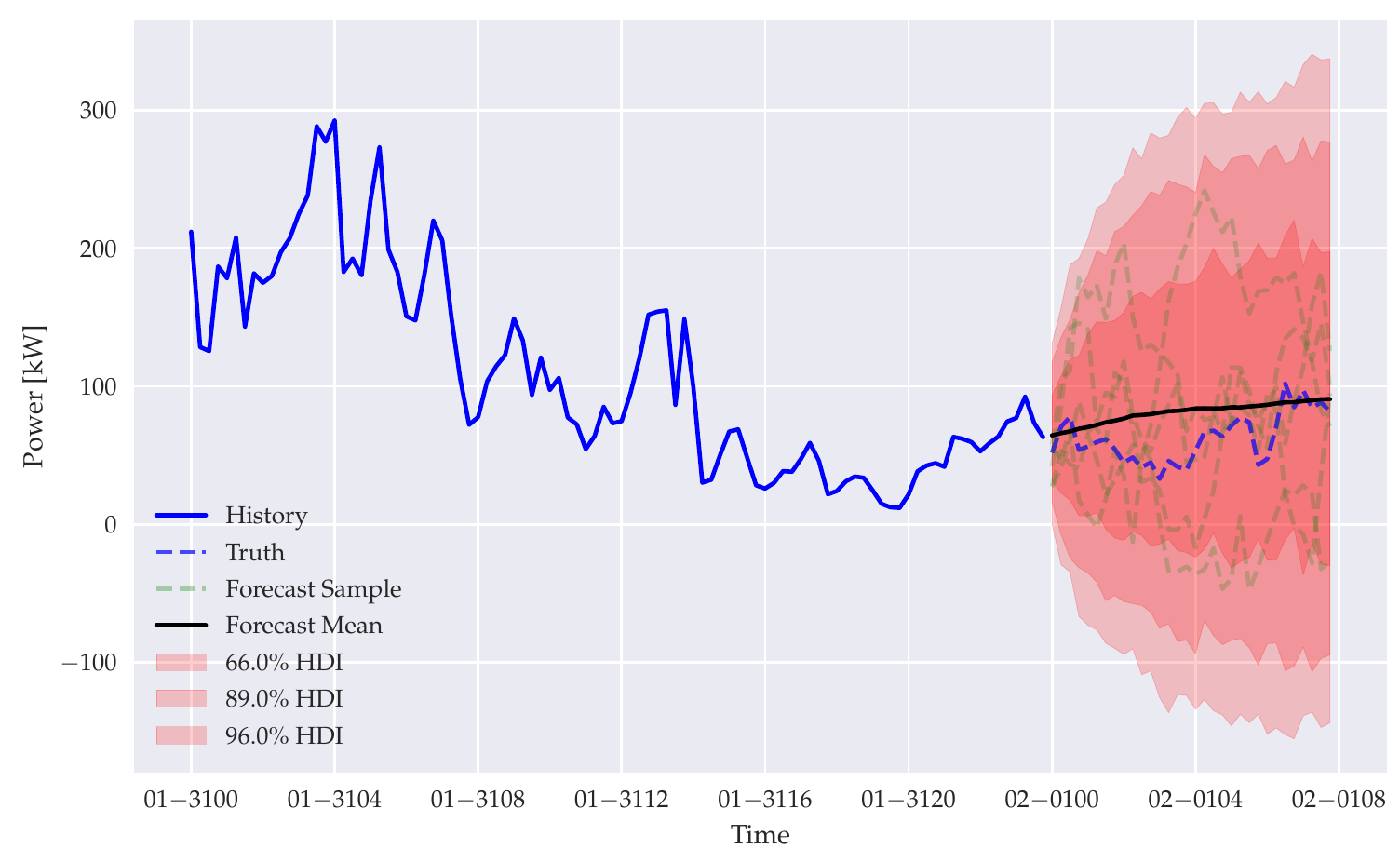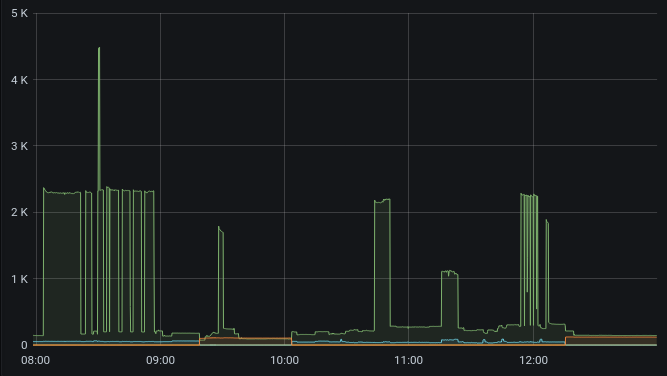Tagged with: data science
PROPOSAL
Debiasing medical image datasets to improve machine learning robustness and fairness
It has been observed that deep learning models are able to identify patient characteristics such as age, sex, and self-reported race with high accuracy from medical images such as chest x-ray recordings, even when medical doctors cannot. This raises the potential for such models to learn to (falsely) diagnose patients of different demographics differently, even if they present with the same …
Supervisors:
Amelia Jiménez-Sánchez, Eike Petersen, Veronika Cheplygina
Semester: Fall 2024
Tags: machine learning, data science, medical imaging
PROPOSAL
Efficient Spatial Data Loading for Data Science
Geospatial data refers to information that is tied to specific geographic locations on the Earth’s surface. It includes both the location coordinates (such as latitude, longitude, and, potentially, altitude) and attribute data associated with those locations. Geospatial data is categorized into two types: raster and vector.
Vector data represents geographic features as points, lines, and …
Supervisors:
Eleni Tzirita Zacharatou
Semester: Fall 2023
Tags: spatial data analysis, data science, data loading, GIS file formats, geospatial data
PROPOSAL
Concept Bottleneck Models to detect hidden features or avoid memorization
Concept Bottleneck Models [1] are designed to leverage high-level concepts. They revisit the classic idea of first predicting concepts that are providing at training time, and then using these concepts to predict the label. By construction, it is possible to intervene on these concept bottleneck models by editing their predicted concept values and propagating these changes to the final prediction. …
Supervisors:
Amelia Jiménez-Sánchez
Semester: Spring 2025
Tags: machine learning, data science, medical imaging

PROPOSAL
Evaluating AutoML for Forecasting Domestic Electricity Data
With the recent hunger for being “data driven”, many organizations are eager for integrating ML in there decision making process. Unfortunately, competent data scientists are still relatively scarce, and manual model development cannot keep up with the demand for magic AI solutions. This is no less true when it comes to forecasting. Knowing the future is extremely handy when making …
Supervisors:
Niels Ørbæk Chemnitz
Semester: Spring 2021
Tags: AutoML, ML, Forecasting, Energy Data, Smart Meters, Python, Data Science, Time Series Data

PROPOSAL
Disaggregation of Domestic Electricity Data
How much does our smart meter readings disclose about us? Can we disentangle the oven from the washing machine from the kettle? Can we identify demographics and behavior patterns from the stream of electricity data?
Most danish homes are now equipped so-called “smart meters” - networked electricity meters that report consumption and load at much higher rate than conventional meters. …
Supervisors:
Niels Ørbæk Chemnitz
Semester: Spring 2021
Tags: NILM, ML, IoT, Energy Data, Smart Meters, Python, Data Science, Time Series Data